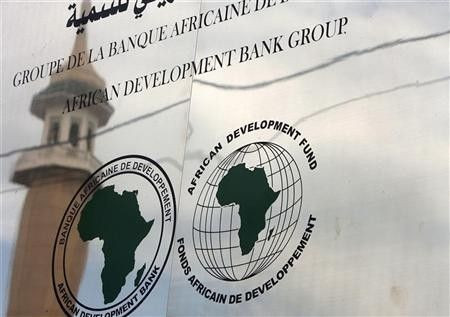AfDB welcomes Uganda rate hike, trims growth outlook

The African Development Bank (AfDB) on Wednesday applauded Uganda's four percentage point interest rate hike aimed at taming rampant inflation and said the cycle of monetary tightening was expected to trim economic growth in 2011.
Ugandan policymakers slammed on the monetary brakes on Tuesday and its central bank governor pledged to tighten further if needed to combat inflation, which leapt to 28.3 percent in September. Analysts called the move bold.
The slowdown triggered by the inflation increase and tightening of monetary policy would shave off about 0.2 percent (of a point), reducing the projected figure to 6.1 percent, AfDB's chief economist Mthuli Ncube told Reuters.
Uganda has raised its lending rate three times, by a total of 7 percentage points to 20 percent, since introducing the rate in July this year at 13 percent.
The monetary authorities (in Uganda) are between a rock and a hard place. You want growth, Africa needs growth. But then inflation has shot up. The authorities have no choice, he said in a telephone interview from Tunisia, where the bank is based.
Ncube said Uganda and its east African neighbours should make more use of the cash reserve requirement of commercial banks to help suck liquidity out of the market.
My advice to central bankers in east Africa is they should use more of it and not just rely on the interest rate which can be a blunt instrument if the inflation rate is supply-side driven, Ncube said.
Bank of Uganda chief Emmanuel Tumusiime-Mutebile has said the speed of a projected fall in inflation would also depend on the resolution of shocks to food supply, the ailing currency and global oil prices.
Tumusiime-Mutebile was named the best central bank governor in Africa in 2011 at last month's African Bankers Awards.
Ncube also said Somali pirates, the Kidnapping of two foreign visitors from Kenya's northern coast, a popular tourist destination, in separate attacks in the space of three weeks, would hurt Kenyan tourism, an important economic driver.
It's a major sector, so this will hurt the economy, and an economy that's already reeling from high inflation, said Ncube.
(Inflation) is wreaking havoc in terms of the macro picture, and then you add this to it. It's not a nice variable to add on a negative situation.
© Copyright Thomson Reuters 2024. All rights reserved.




















